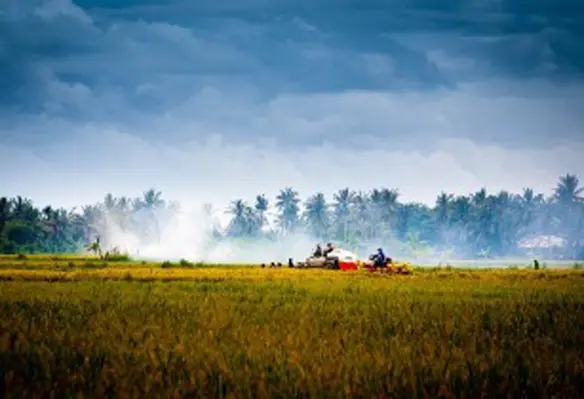At a recent meeting of the BRICS Agriculture Ministers, the members discussed the possible global impact the organisation could have in leading agricultural reforms to improve nutrition and rural livelihoods
With 42 per cent of the world’s population, the group of countries that make up the BRICS are in a position to shape agricultural policies that would strengthen global food security and transform rural societies and livelihoods, Kundhavi Kadiresan, assistant director-general and regional representative for Asia and the Pacific of the FAO, said recently.
Kadiresan made the comments during the 2016 meeting of the BRICS agriculture ministers in the Indian capital New Delhi. The group, formed by Brazil, Russia, India, China and South Africa, brings together five countries whose economies have expanded rapidly in recent decades.
Despite the rapid growth, not everyone has benefitted, particularly the rural poor and small-holder family farms that produce the vast majority of the food we eat. Reforming agricultural policies in an inclusive way can respond more directly to the needs of these disadvantaged groups.
“Inclusive agricultural policies, if pioneered by the BRICS, could have a remarkable impact on sustainable agricultural production and global food security, while at the same time improving nutrition and livelihoods of the very people that produce our food,” said Kadiresan. “Many developing countries welcome present agricultural initiatives among BRICS members, such as south-south cooperation and knowledge transfer. Further reforms can act as a bridge to more inclusive economic growth.”
Investing in the family farm sector has proved to be at least twice as effective in reducing poverty compared to growth resulting in other sectors of the economy.




